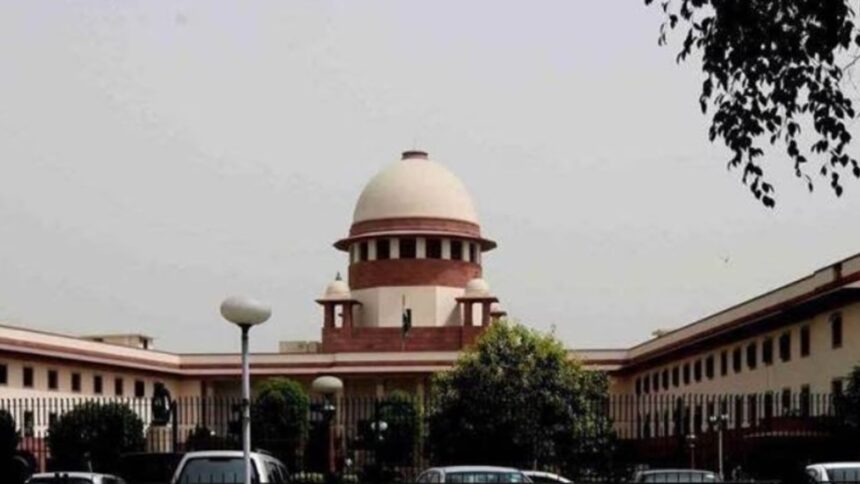The Supreme Court Wednesday resumed its hearing of pleas against Waqf (Amendment) Act. This is the second consecutive day that the apex court is hearing a batch of petitions seeking interim stay on the amendments.
As the hearing began on Tuesday, Senior Advocate Kapil Sibal told the top court that though the 2025 Act claims to be for protection of waqf, it was “in reality… designed to capture waqf through a process which is non-judicial… executive.”
Appearing for one of the petitioners, who have sought interim stay of the Waqf (Amendment) Act, 2025, , “Private properties are being taken away only because there is some dispute.”
Meanwhile, the Centre on Wednesday told the Supreme Court that nobody can claim right over government land and it is legally empowered to reclaim properties which are declared waqf by using the waqf by user principle.
Responding to the submissions challenging the constitutional validity of the Waqf (Amendment) Act, 2025, Solicitor General Tushar Mehta commenced advancing his arguments on behalf of the Centre
“There is a Supreme Court judgment which says the government can save the property if it belongs to the government and has been declared as waqf,” he said.
“It may be noted that Waqf, by its very nature, is a secular concept. This is so since waqf merely means dedication of property,” Mehta stated in a 145-page note submitted to the Court.
The Supreme Court bench, comprising Chief Justice of India B R Gavai and Justice Augustine G Masih, observed that “a very strong and glaring case” is needed to pause the operation of the law.
At the outset, the law officer said no affected parties have moved the court and “it is nobody’s case that Parliament does not have the competence to pass this legislation.” He referred to the report of the joint parliamentary committee and the fact that many state governments and state waqf boards were consulted before the Act came into being.
(With agency inputs)







